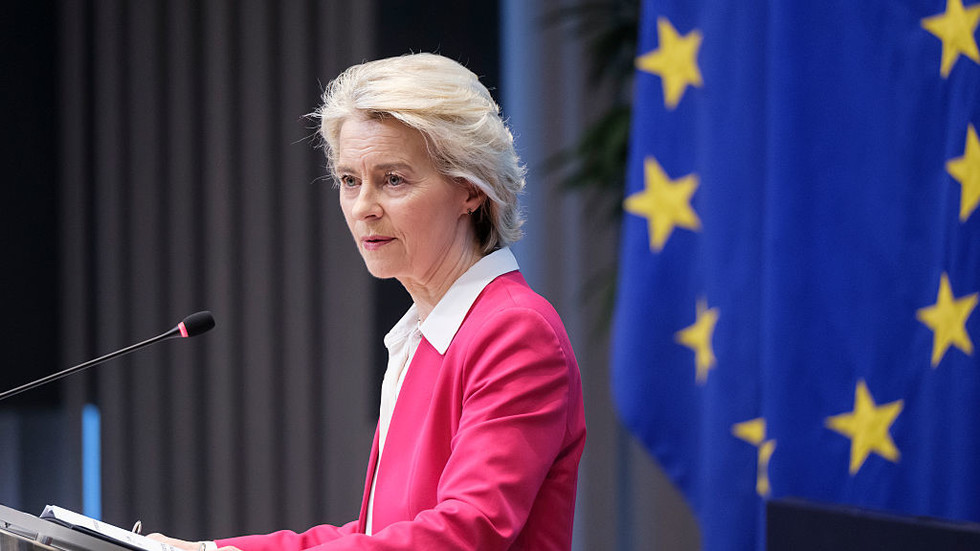Nigerian music video director, ThankGod Omori, also known as TG Omori, has reported receiving threats to his safety and security following his comments on same-sex relationships. The controversy began when Omori described homosexuality as “evil” on the social media platform X, sparking a heated debate.
Omori’s statement, which read “Having same gender sex is evil,” was met with widespread criticism and backlash. The cinematographer has since claimed that he has been targeted with death threats and harassment after a magazine published an article accusing him of using the controversy to promote his brand.
According to Omori, the article published by Zikoko Magazine has put his life at risk by “gaslighting a global community” and attempting to “blacklist” him for expressing his opinion. He alleges that the magazine’s actions have led to a barrage of threatening messages, compromising his safety and security as a citizen.
The incident highlights the ongoing debate and sensitivities surrounding same-sex relationships in Nigeria, where homosexuality is currently prohibited by law. The country’s Same Sex Marriage Prohibition Act, signed into law in 2014, criminalizes same-sex relationships and imposes penalties on those found guilty.
Omori’s situation has raised concerns about the freedom of expression and the potential consequences of expressing opinions on sensitive topics in Nigeria. The incident is also a reminder of the importance of responsible journalism and the need for media outlets to consider the potential impact of their reporting on individuals and communities.
As the situation continues to unfold, it remains to be seen how Omori’s allegations will be addressed and what measures will be taken to ensure his safety and security. The incident serves as a reminder of the complexities and challenges surrounding freedom of expression and the need for respectful and inclusive dialogue on sensitive topics.


